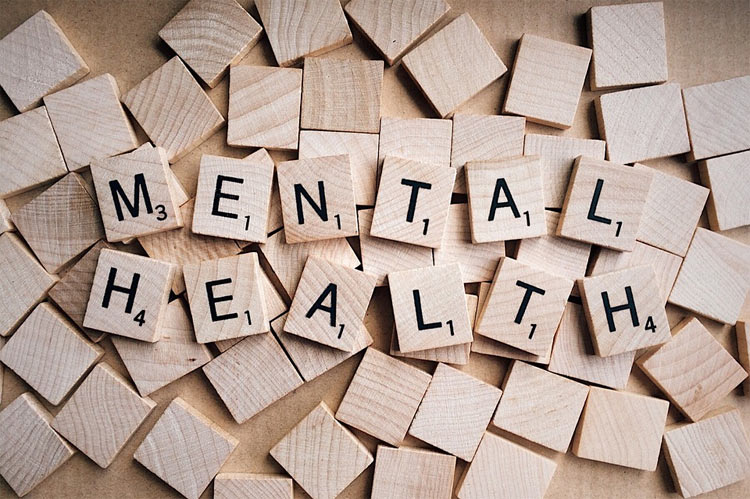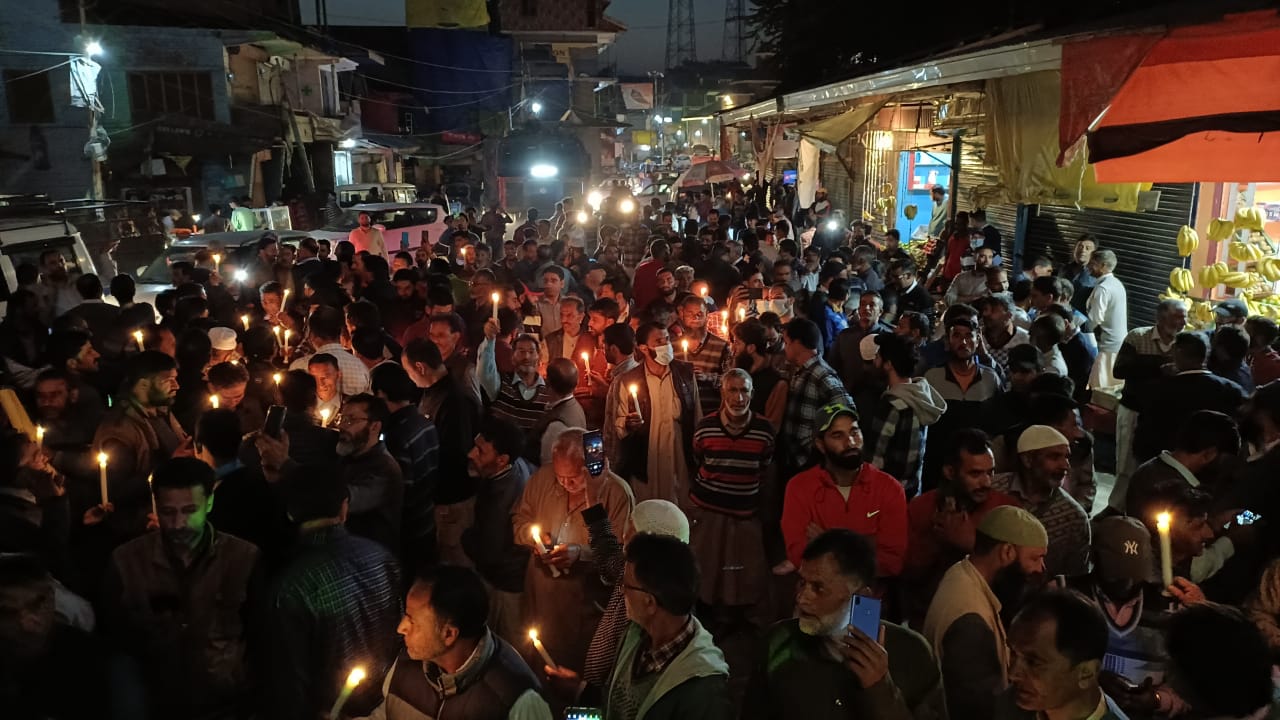Our society has vilified “mental illness” as a deviant, unrepresentative or an abnormal term. Almost everywhere, particularly in Asia, it is treated as something unusual and unaccepted. There is a big stigma around people suffering from any kind of mental health issues. When we think or are told about the mental disorders, some of the labels or terms that first come to our mind are; sick, insane, possessed, and so on. According to the psychological perspective, mental illnesses are health conditions involving changes in emotion, thinking and behavior (or a combination of these). Mental illnesses are associated with distress resulting in creating problems in our everyday social and personal activities. Mental illnesses can affect anyone regardless of age, gender, geography, income, social status, race, religion, ethnicity or any other aspect of cultural identity. They can take many forms, some of which are mild and only interfere in limited ways with our daily lives such as certain phobias, while others are so severe that a person may need care in a hospital.
Often we have heard that “A healthy mind is an inherent part of a healthy body”. However, coming to an experiential level, most of us fail to understand the very importance of this phrase. According to the World Health Organisation, “health is a state of complete physical, mental and social wellbeing and not merely the absence of disease and infirmity”. The importance of mental health for total well-being cannot be overstated. When psychological wellness is affected, it can cause negative behaviors that may affect our self-image, relationships, productivity, quality of life as well as our ability to cope with life’s stressors. A poor mental health can lead to being alone, indulging into drugs or even thoughts of death or suicide. So said, it becomes essential to take care of the mind as well as the body. Unfortunately, a person suffering from any mental illness is treated not as a victim but as a culprit. The society is set-up in such a way that a person chooses to suffer in silence rather than seeking any professional help. The fear of being stereotyped and labelled as outcasts magnifies it. A person keeps on suffering to an extent beyond which they are not able to hold it and resort to things which have grave implications.
Cultural factors have the capacity to affect the individual to unimaginable extents. These factors are so influential that the person becomes ineffective not because of the illness itself but the poor support he/she gets from the society. And if a person approaches their immediate family, instead of acknowledging the fact and seeking medical health, they consult their ‘baba ji’ who declares it as paranormal. We are living in the era, where everything is modernized or being digitized. Why do we still lack the common essence or understanding of well-being as not only physical but also mental? On the individual as well as the collective level we must try and move past the existing stigma attached to it and see mental and physical health equally. Kerry Washington, an American actress says, “I think, it is really important to take the stigma away from mental health. My brain and my heart are really important to me. I don’t know why I wouldn’t seek help to have those things be as healthy as my teeth?” Although we cannot change the world over night, but we can do our bit. Let us encourage people to speak about their ailments, whether physical or mental. Let us not hear but listen to what people say. Let us be more kind and sympathetic towards them and make them feel one among us.
(Author is a student at GWC, M.A Road, Srinagar)








